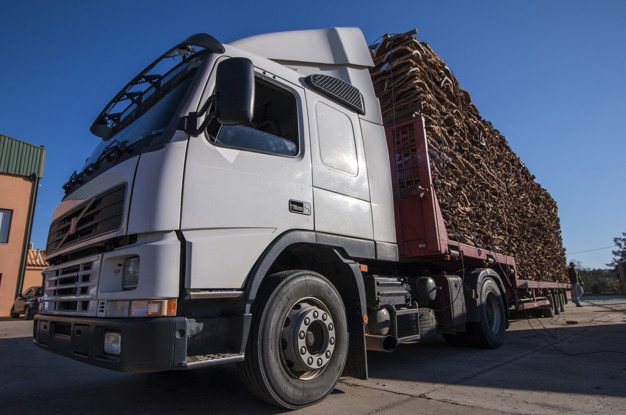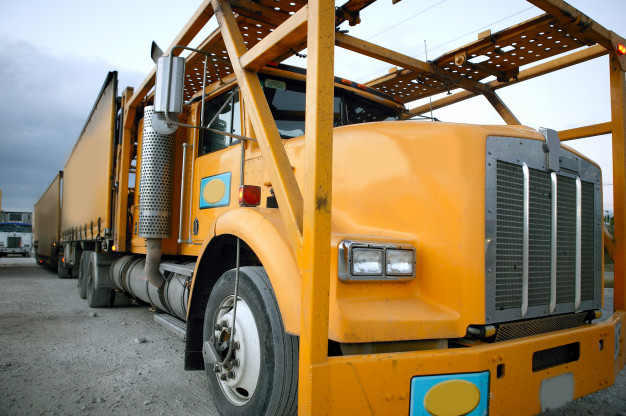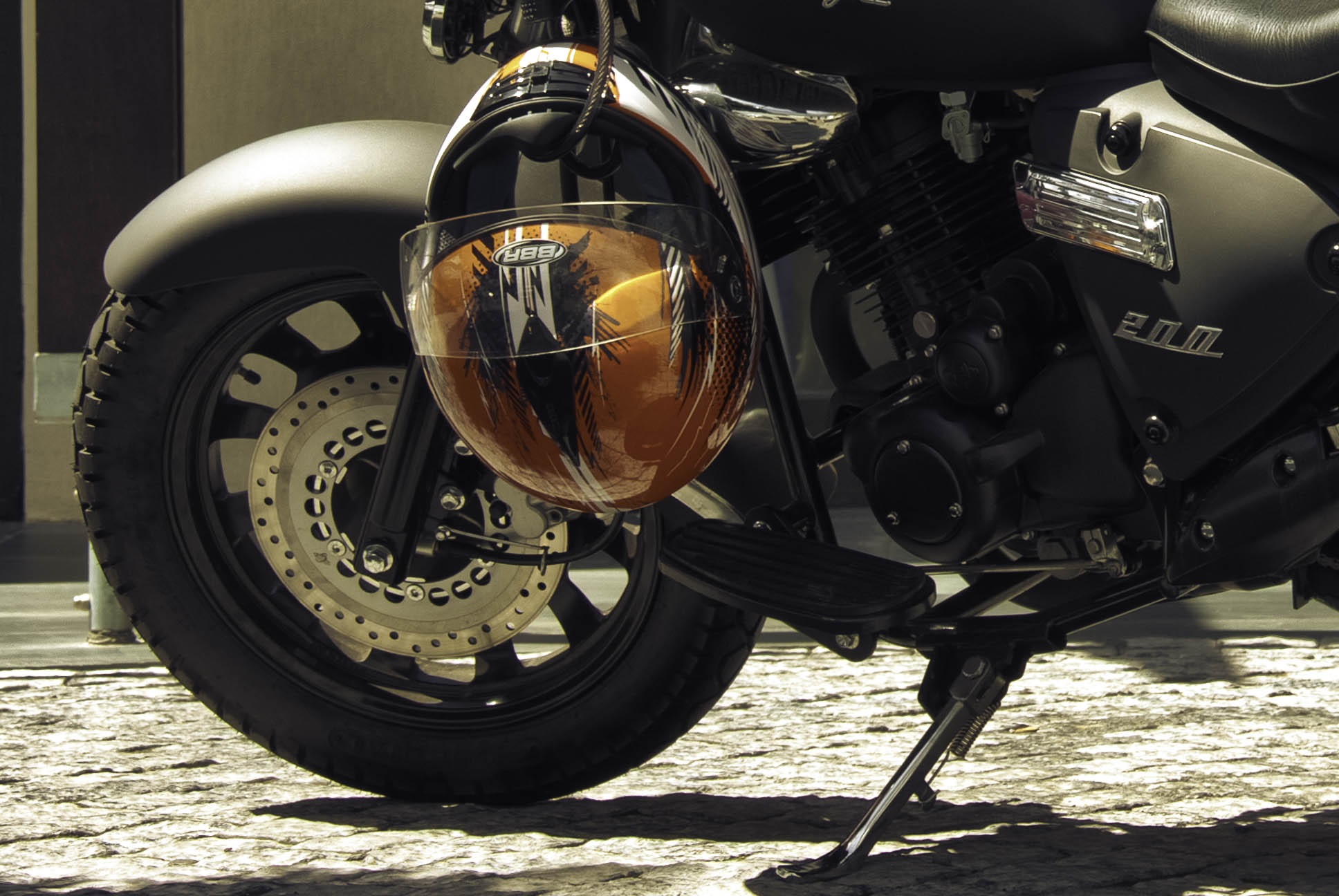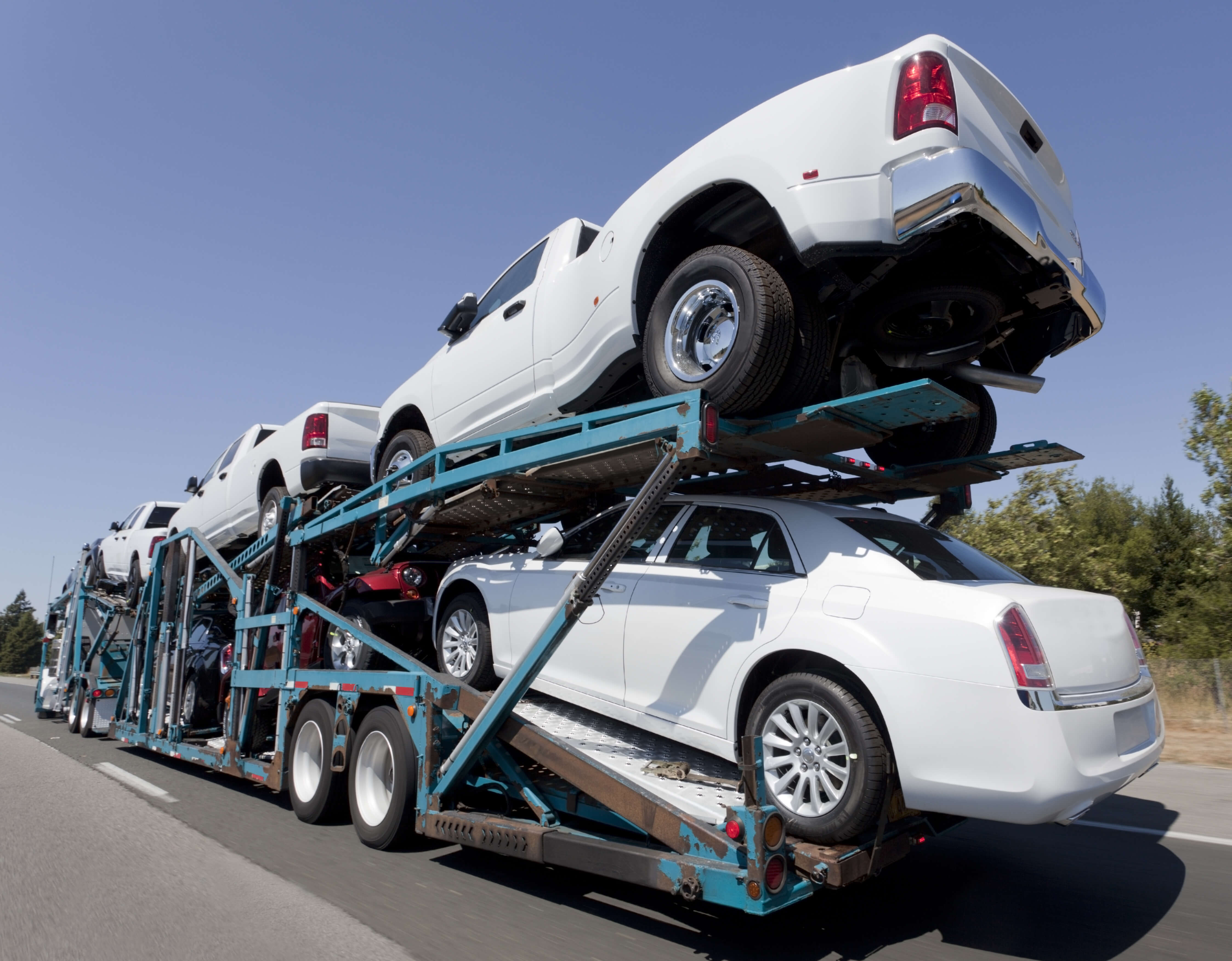Car shows are pretty popular. We love to watch people ‘pimping their rides’ and getting car make-overs. Meanwhile, our own vehicles are lucky if they get a weekly car wash. For many drivers, fuel is the only maintenance their car receives. And even this becomes a problem because they ignore their fuel indicator light until the last possible minute.
For the record, you should never dismiss your car’s lights or sounds. They were put there for a reason, and if you’re unclear, you could always Google it. Check your car’s user manual, and if it’s too dry and boring to hold your interest, spend some time on WikiHow and YouTube. You can find some pretty detailed, user-friendly tips for your car model.
But what exactly does car maintenance involve? Wash your car two or three times a week, or opt for a deep detail. These are offered by mobile car wash services that will drive right to your door and clean your car without it ever leaving your driveway. These detailers may suggest additional car care options, like defogging lights, deodorising car smells and protecting your paint job.
Do a manual check
Apart from cleaning the car, you should do a cursory inspection each time you step out of the car. It’s that thing guys do when they squat beside the car, kick the tyres and raise the bonnet, except it’s never quite clear what they’re looking for. Here are some suggestions. Stroll around the car and peek underneath, checking for any water puddles or oil spills.
Rev the engine and listen to it. If you’ve been driving the car long enough, you can tell when the engine sounds ‘off’, even if you can’t detect the exact problem. If possible, you can use your phone to record the unsettling sound, then you can text it to your mechanic and see what they think. It may be something simple like loose ball joints, or it could be a worn-out clutch plate!
On that note, get your car regularly serviced. It’ll only spend a few hours at the garage, and some mechanics will even give you a substitute vehicle to use in the meantime. Back to your car check, kicking the tyres has two goals. One, you’re assessing tyre pressure, in case you need an air refill. Two, you’re inspecting your tyre treads – it may be time for a new set of wheels.
Top up your car fluids
Your car does not live on fuel alone. You have lots of other car fluid, such as brake fluid, engine oil, lubricant, radiator water, and steering fluid for automatic cars. These need to be refilled at regular intervals, and your car owner’s manual (or YouTube) can guide you on what to check, where it’s located on the car, and how often you need to top up. This keeps your car running.
Think of your car like your body. Some days, you wake up off-kilter. You’re not always sure what’s wrong, but you don’t feel like yourself. Put the same amount of focus on your car. As you drive, pay attention to smooth shifting, strange shudders, squeaks, rumbles, or vibrations. Learn what’s normal and what’s not, so that you know when it’s time to call the garage.
Read Also:






















